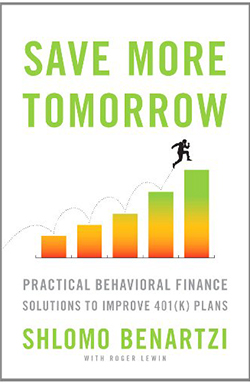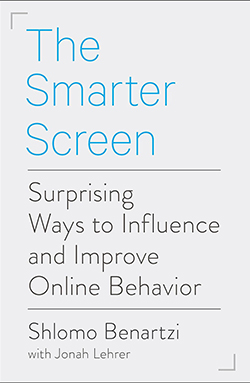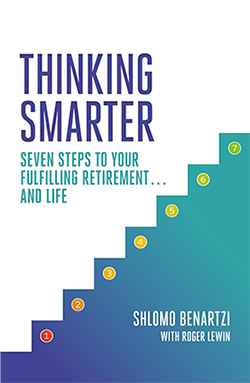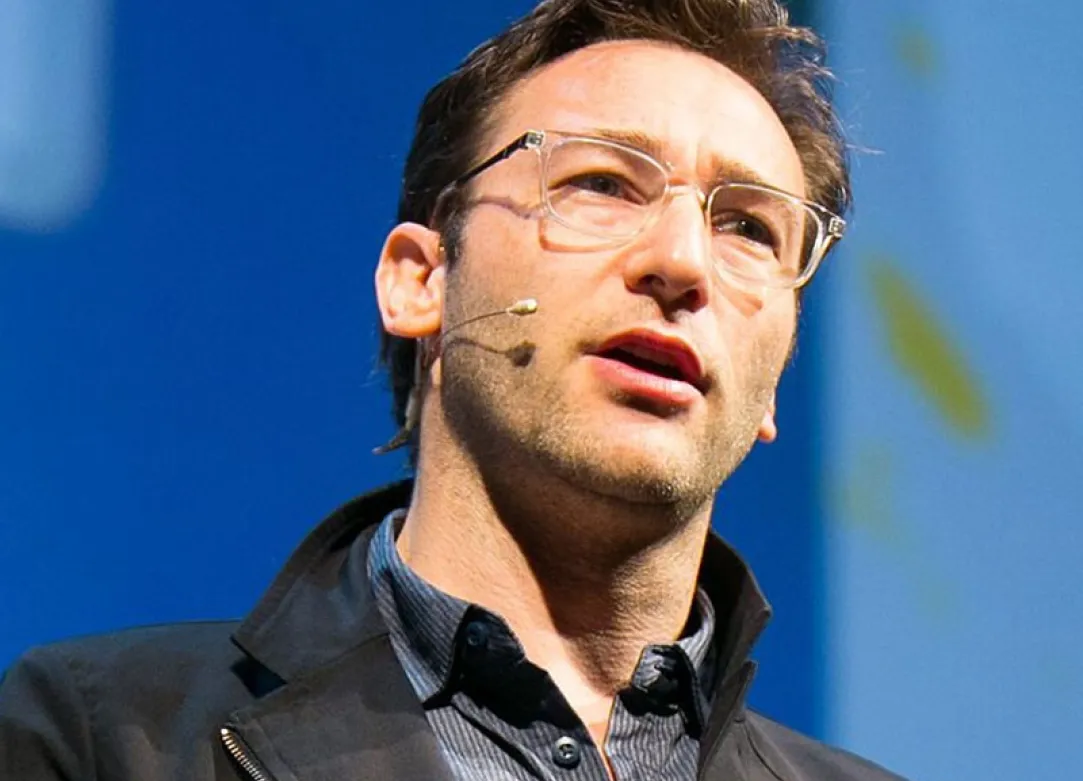“The Save More Tomorrow™ program, which Richard Thaler and I developed, helped millions of workers save more for retirement. Now I am trying to address a broader set of societal challenges by using the tools of digital nudging.”
Shlomo Benartzi is a behavioral economist interested in combining the insights of psychology and economics to solve big societal problems. He works on creating digital nudges that leverage technology to achieve massive scale and help millions make better financial decisions. He received a Ph.D. from Cornell University's Johnson Graduate School of Management and is currently a professor emeritus and co-founder of the Behavioral Decision-Making Group at UCLA Anderson School of Management. He is also a Distinguished Senior Fellow at the Wharton Behavior Change for Good Initiative, working on Applied Behavioral Economics and Financial Decision-Making.
Benartzi's work has demonstrated the potential for far-reaching improvement. Along with Nobel Laureate Richard Thaler of the University of Chicago, he pioneered the Save More TomorrowTM (SMarT) program, a behavioral prescription designed to nudge employees to increase their savings rates gradually over time. In their original research, Benartzi and Thaler found that SMarT increased employee savings rates from 3.5 percent to 13.6 percent. The SMarT program is now offered by more than half of the large retirement plans in the U.S. and a growing number of plans in Australia and the U.K. The program has also been incorporated into the Pension Protection Act of 2006, enabling approximately 15 million Americans to boost their retirement savings.
To help bridge the gap between academic research and the real world, Benartzi has worked with many financial institutions and served on multiple advisory boards. He is currently a senior academic advisor for the VOYA Behavioral Finance Institute for Innovation, a board member of Acorns, and a senior advisor for Blast, Personal Capital and Wisdom Tree.







